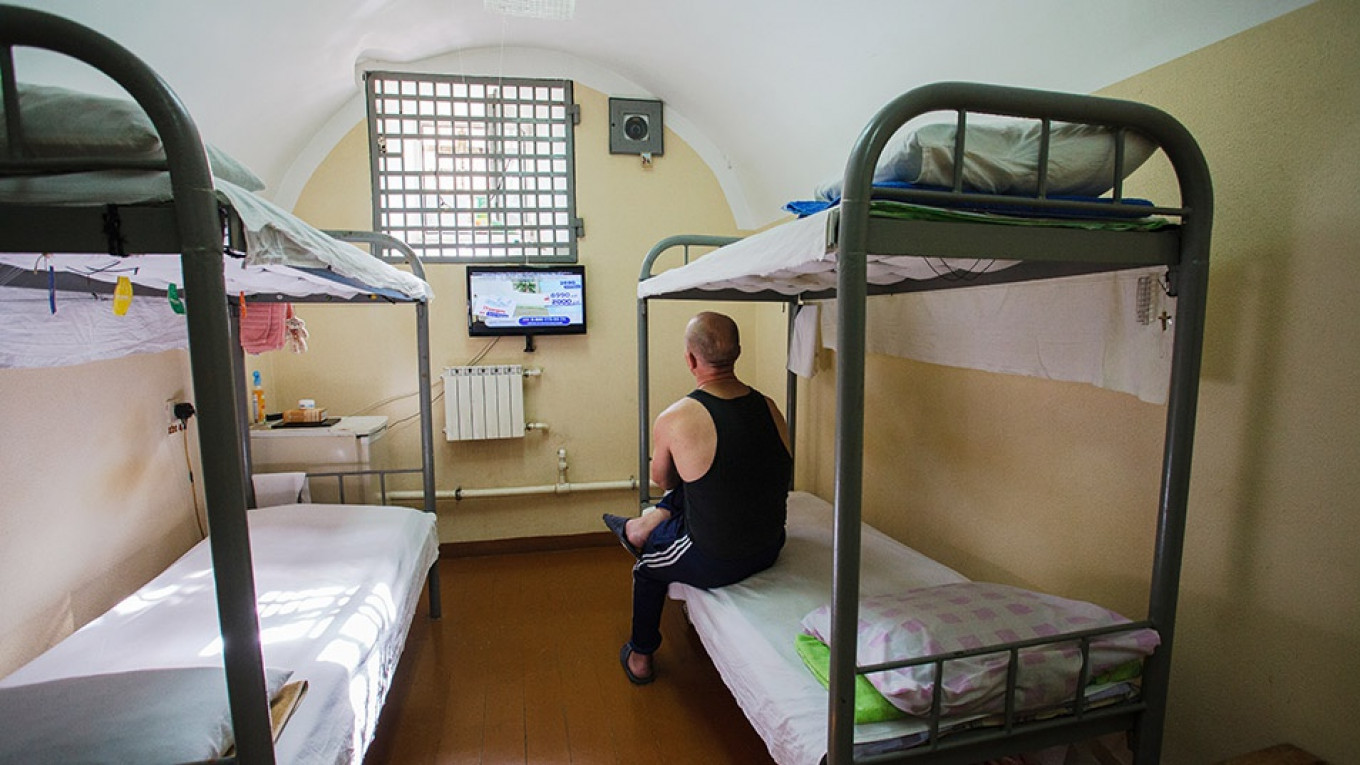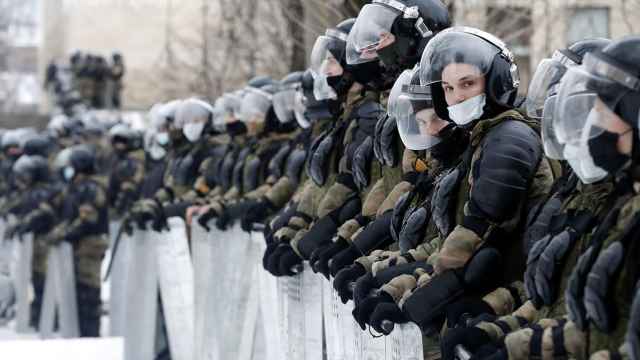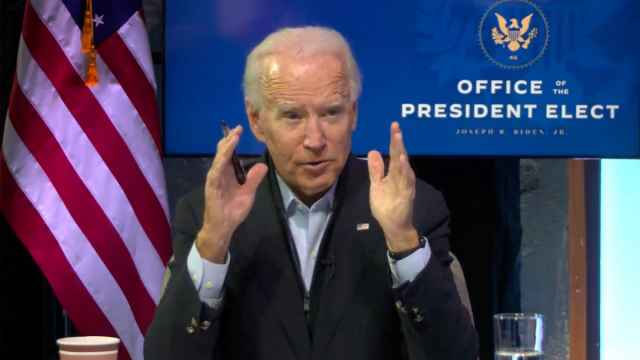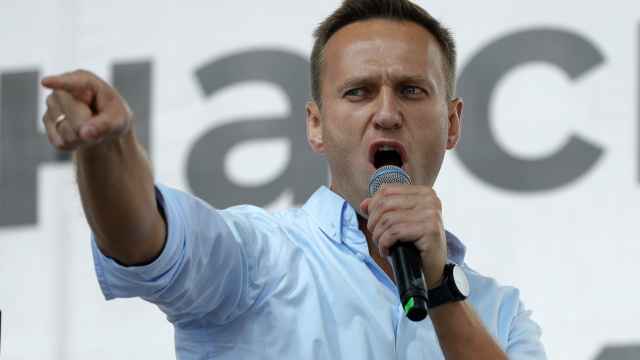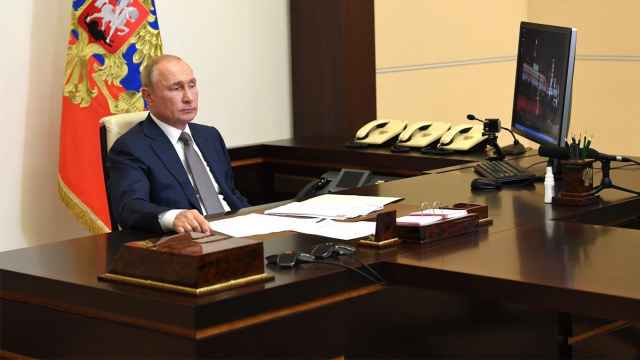The number of Russians who support the death penalty’s return has climbed to almost 50%, according to the independent Levada Center pollster’s survey released Thursday.
While the death penalty remains enshrined in Russian law, the Kremlin placed a moratorium on its use in 1996 as a condition of Council of Europe membership. Debates on restoring the death penalty have resurfaced following last month’s murder of a schoolgirl in southern Russia.
Forty-nine percent of Russian respondents would like to see the return of the death penalty, according to Levada’s results, an increase from 44% in 2017.
In 2002, when the pollster first asked the question, 68% of Russian respondents had said they would like to re-establish capital punishment.
“When I discuss this in focus groups, people kept saying that we can be wrongly convicted and that’s why it’s dangerous to return [capital] punishment,” Levada sociologist Denis Volkov told the RBC news website of capital punishment’s decline in popularity since the early 2000s.
Among the death penalty’s supporters in 2019, 33% said they would like to see Russia implement capital punishment the way it had been used in the 1990s. The other 16% favored expanding the death penalty.
According to Levada, 21% of respondents said the moratorium should remain in place, while 19% said the death penalty should be abolished.
Russians aged over 55 were the most avid supporters of capital punishment at 55%. Support declined proportionately among younger age groups.
Levada conducted the survey among 1,616 respondents across 50 Russian regions on Oct. 24-30.
A Message from The Moscow Times:
Dear readers,
We are facing unprecedented challenges. Russia's Prosecutor General's Office has designated The Moscow Times as an "undesirable" organization, criminalizing our work and putting our staff at risk of prosecution. This follows our earlier unjust labeling as a "foreign agent."
These actions are direct attempts to silence independent journalism in Russia. The authorities claim our work "discredits the decisions of the Russian leadership." We see things differently: we strive to provide accurate, unbiased reporting on Russia.
We, the journalists of The Moscow Times, refuse to be silenced. But to continue our work, we need your help.
Your support, no matter how small, makes a world of difference. If you can, please support us monthly starting from just $2. It's quick to set up, and every contribution makes a significant impact.
By supporting The Moscow Times, you're defending open, independent journalism in the face of repression. Thank you for standing with us.
Remind me later.


